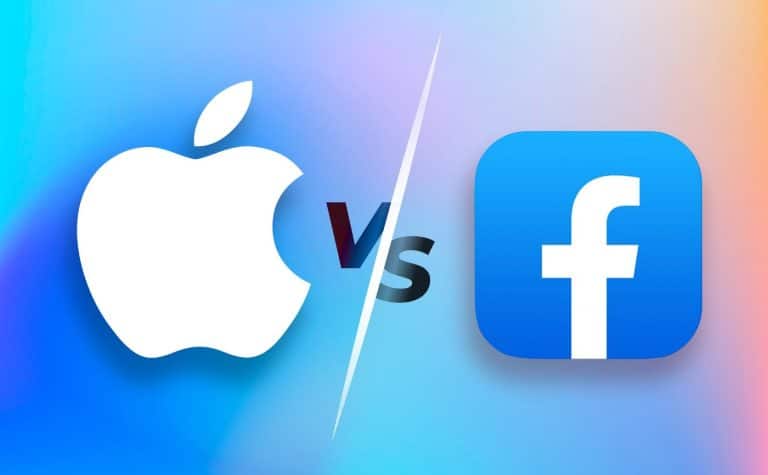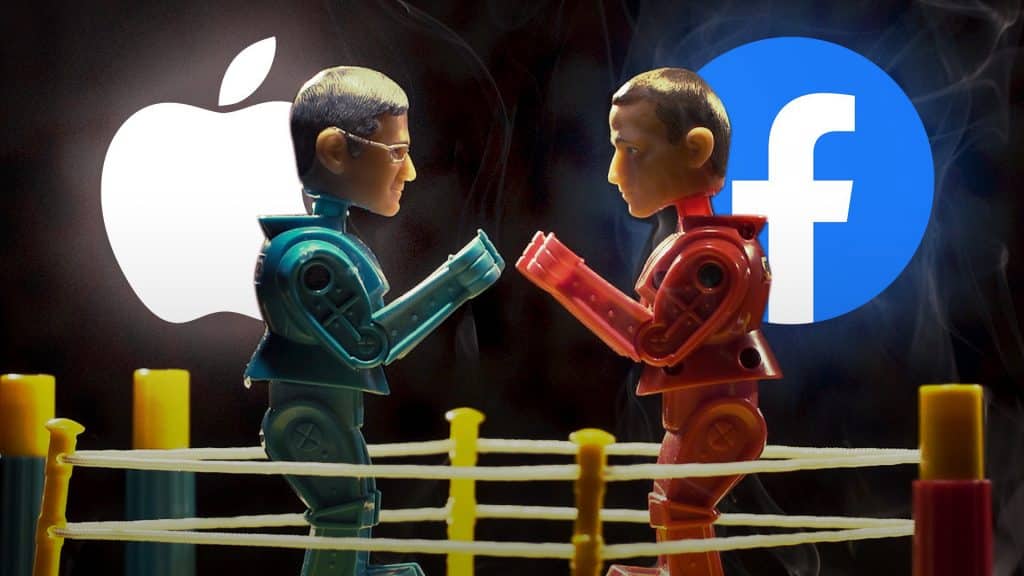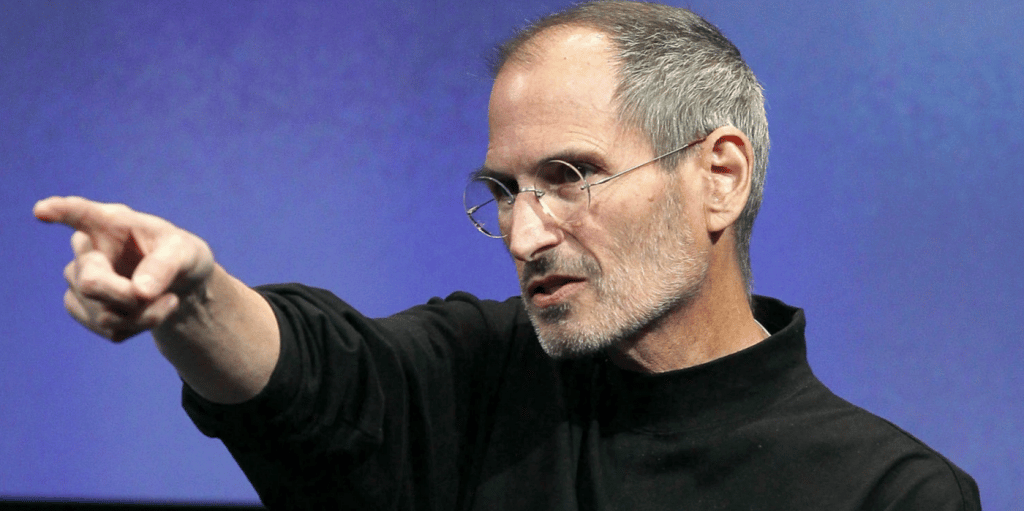A fresh iOS 14 was introduced by the tech giant in 2020, and it caught certain tech businesses like Meta by shock (previously referred to as Facebook). Apple’s new OS stance exacerbated tensions between the two internet giants. I will describe the disagreement involving Apple and Facebook in this article.
In September of 2020, Apple released iOS14, a new version of their mobile operating system that included a revamped approach to customer privacy. With the new rules in place, consumers will be given the option to grant permission for applications to access their personal information. The fact that Facebook and similar social media sites rely on a network of tailored advertisements to generate revenue has to be what gives consumers the most cause for concern.
The Past
Yet, the disagreement involving Apple and Facebook began even before the advent of the mobile industry. The question of whether or not certain web-based services should be accessible through the application was debated by major technology firms. Apple preferred a browser-based approach, while Facebook advocated for a more app-based one due to security and speed concerns.
Both corporations are interested in exerting dominance over their consumers for the same reason: power. Apple seeks to exert power over its customers by protecting their privacy, whereas Facebook seeks to collect as much information as possible from its clients. Users’ preference for app-based internet services was the deciding factor, and Facebook came out on the losing end.
No, not the battle! Indeed, that was only the start. Facebook’s partnership with HTC, another cellphone maker, began in 2011. The HTC ChaCha, one of the new devices revealed, has a dedicated “Facebook button” that speeds up Facebook connectivity. Sadly, the gadget didn’t seem to work as Facebook had hoped. After failing with the HTC First in 2012, Facebook tried again in 2013. Furthermore, I do not think HTC First was a profitable mobile phone.
As a result, Mark Zuckerberg decided to pivot, shifting attention to AR and VR (VR). Facebook has found success in that hitherto unexplored area.
Personally, I think Zuckerberg did the right thing by shifting the corporation’s focus instead of remaining and battling Apple. Due to the fact that Google would be forced to make similar adjustments to the Android security policies if Apple either forbade or made it very difficult for third-party firms to obtain user information. Consequently, Facebook will have to compete with both Apple and Google in this situation. That’s why I believe Zuckerberg’s decision to shift course was smart; he clearly doesn’t wish to portray Facebook as only a social media firm.




